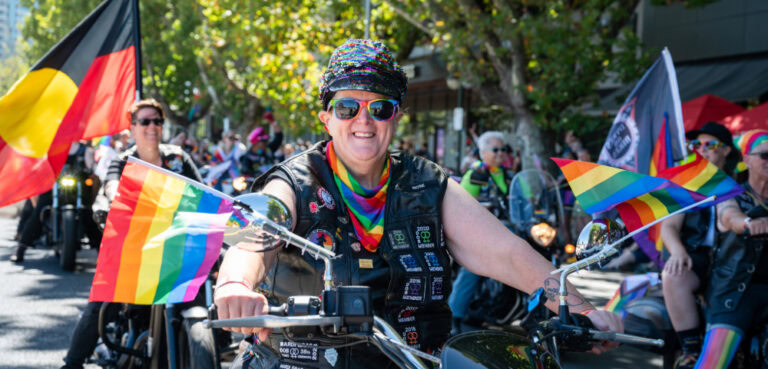
Mpox Alert For Overseas Travellers Issued By WA Health Department

Australians travelling overseas have been asked to be aware of the risks of mpox (formerly known as monkeypox), following a rise in the number of cases globally, driven by a surge in Western Pacific and South East Asian countries.
WA Health issued the latest alert after a returned traveller tested positive for mpox. This comes after similar alerts were issued by NSW Health and Victoria since August 2023 after new cases of mpox were detected in returned travellers.
According to WA Health, there has been a 25 per cent increase in mpox cases in the past three weeks, with a rise in cases reported in Western Pacific and South East Asian countries.
Get Vaccinated Before Travelling Overseas
“We are asking those travelling overseas to be aware of the ongoing risk of mpox and to take measures to protect themselves against mpox and other sexually transmitted infections,” WA Communicable Disease Control Directorate’s Senior Medical Advisor, Dr Jelena Maticevic said in a statement.
“Mpox does not spread easily among people and requires close contact with an infected person or materials contaminated with the virus. People travelling overseas should practise safe sex by using condoms, and those at higher risk of mpox – particularly men who have sex with men – should get vaccinated against mpox prior to travel.”
Since the current global outbreak of mpox cases in May 2022, Australia has reported over 140 confirmed cases, a majority of them among returned travellers. Sydney reported two cases in May 2023 – its first since November 2022, followed by cases in Melbourne in August.
New Cases In China
After two returned travellers tested positive in Sydney in August, NSW Health issued an alert asking overseas travellers to be vigilant and monitor for symptoms. “Data shows the global hotspot locations in 2023 are in the South-East Asia and Western Pacific regions, including in Japan, Republic of Korea, Thailand and China,” NSW Health said in August.
The World Health Organisation has reported a rise in the number of mpox cases in China in recent months. A majority of the new global pox cases were in China, with the crackdown on LGBTQI activists hampering preventive measures, reported The Guardian.
The current outbreak has been predominantly among gay, bisexual and men who have sex with men. “While the current outbreak has predominantly impacted men who have sex with men, anyone who has been in close and usually prolonged intimate contact with someone with mpox is at risk,” Victoria’s Department of Health said in August.
Monitor For Symptoms
Mpox is caused by the monkeypox virus and symptoms can include a rash, painful skin lesions or sores on the face, mouth, genitals, and anus. This is usually accompanied by fever, headache, fatigue and swollen lymph node. Mpox is transmitted through close physical contact as well as contact with the clothing of someone who has symptoms or if you breathe in the respiratory droplets of an infected person.
Health authorities and LGBTQI organisations have urged those at risk to get vaccinated. The two-dose JYNNEOS vaccine “is highly effective, and a person will start to build protection in the days and weeks after their first dose, but it takes two weeks for someone to reach their highest level of protection following each dose,” according to Thorne Harbour Health.
According to NSW Health, if travelling overseas to hotspot locations, “avoid close contact with people who have mpox or mpox symptoms, avoid contact with infected materials, such as bedding or towels, exchange contact information with a sexual partner, practise good hand hygiene and monitor for mpox symptoms, including once you’re back home after overseas travel.”
For more information about where you can get your Monkeypox vaccine in Australia, check here.









